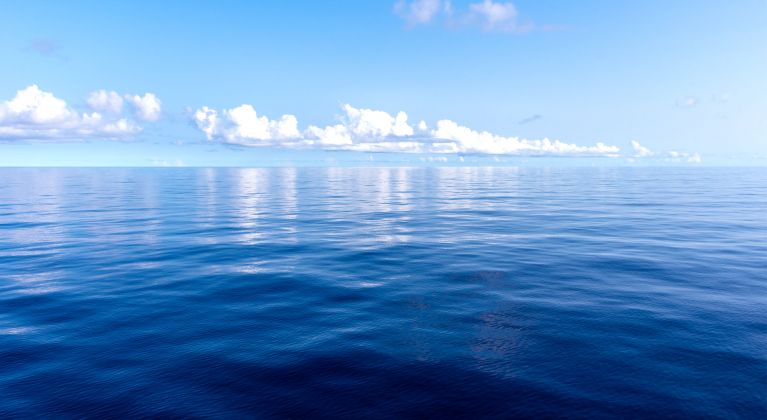
India/Pakistan reciprocal ban on imports and port access
- Home
- Latest updates
- News
- India/Pakistan reciprocal ban on imports and port access
In response to the escalating conflict following the 22 April 2025 Pahalgam attack, the Government of India has enacted comprehensive trade restrictions against Pakistan, as per the following directives. These measures currently include a total ban on the import and transit of goods originating from or exported via Pakistan, as well as prohibitions on port access for Pakistani-flagged vessels. These actions are part of broader diplomatic and military escalations between the two countries.
Key measures that can potentially affect Members’ maritime operations include:
- Import and transit ban: effective immediately, India prohibits the direct or indirect import and transit of all goods originating in or exported from Pakistan. This includes goods routed through third countries.
- Port access restrictions: Pakistan-flagged vessels are barred from entering Indian ports. Similarly, Indian-flagged vessels are prohibited from calling at Pakistan ports.
- Airspace and border closures: both countries have closed their airspace to each other's aircraft and shut down their shared land border, further disrupting logistics and transportation.
Pursuant to this development, Pakistan has instituted a reciprocal ban on the import of cargo originating from or transiting India, as well as on India-flagged vessels making port calls to Pakistan. Currently there is no clarity on whether such cargo is permitted in the event it remains on board during a port call. Furthermore the Club’s correspondents have advised that, whilst there is currently no restriction on Indian crew sailing on board vessels flying other flags, it is recommended to consider replacing vessel Masters of Indian nationality prior to port calls to Pakistan.
The Club recommends the following actions are taken by Members:
- Cargo verification: as part of port calls to India ensure that no cargo onboard originates from or transits through Pakistan, and vice versa; alternatively vessel agents ought to apply in writing to relevant customs authorities, advising all details of the vessel, voyage, crew, cargo etc to ensure permission for such a port call in advance.
- Route planning: avoid scheduling calls at Indian ports for Pakistan-flagged vessels and vice versa.
- Documentation review: scrutinise bills of lading and other shipping documents for any indications of Pakistan origin or routing in the case of a planned port call to India, and vice versa.
- Stakeholder communication: inform clients, contractual partners, and other relevant stakeholders about these restrictions to prevent contractual breaches.
- Legal and local correspondent consultation: seek legal and/or correspondent advice if there is any uncertainty regarding the applicability of these restrictions to specific shipments or operations.

